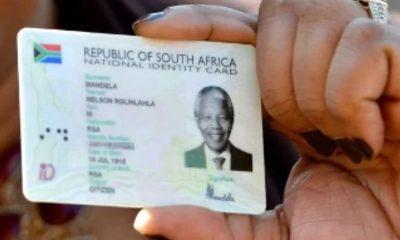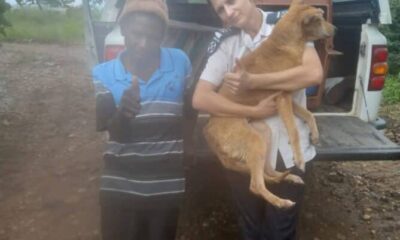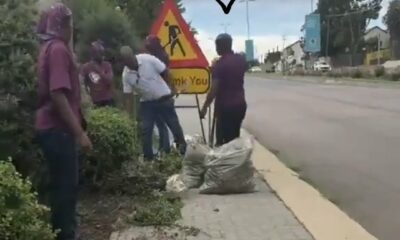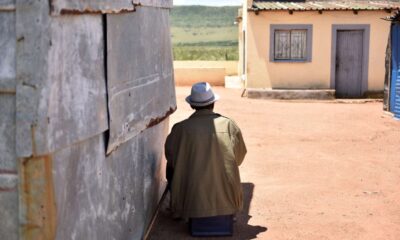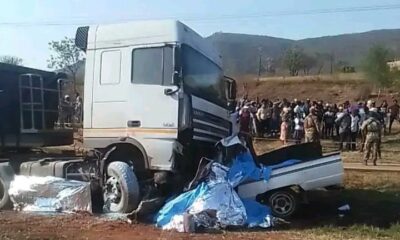Business
Daybreak Foods Set to Slash 2,200 Jobs as Business Rescue Plan Takes Hold
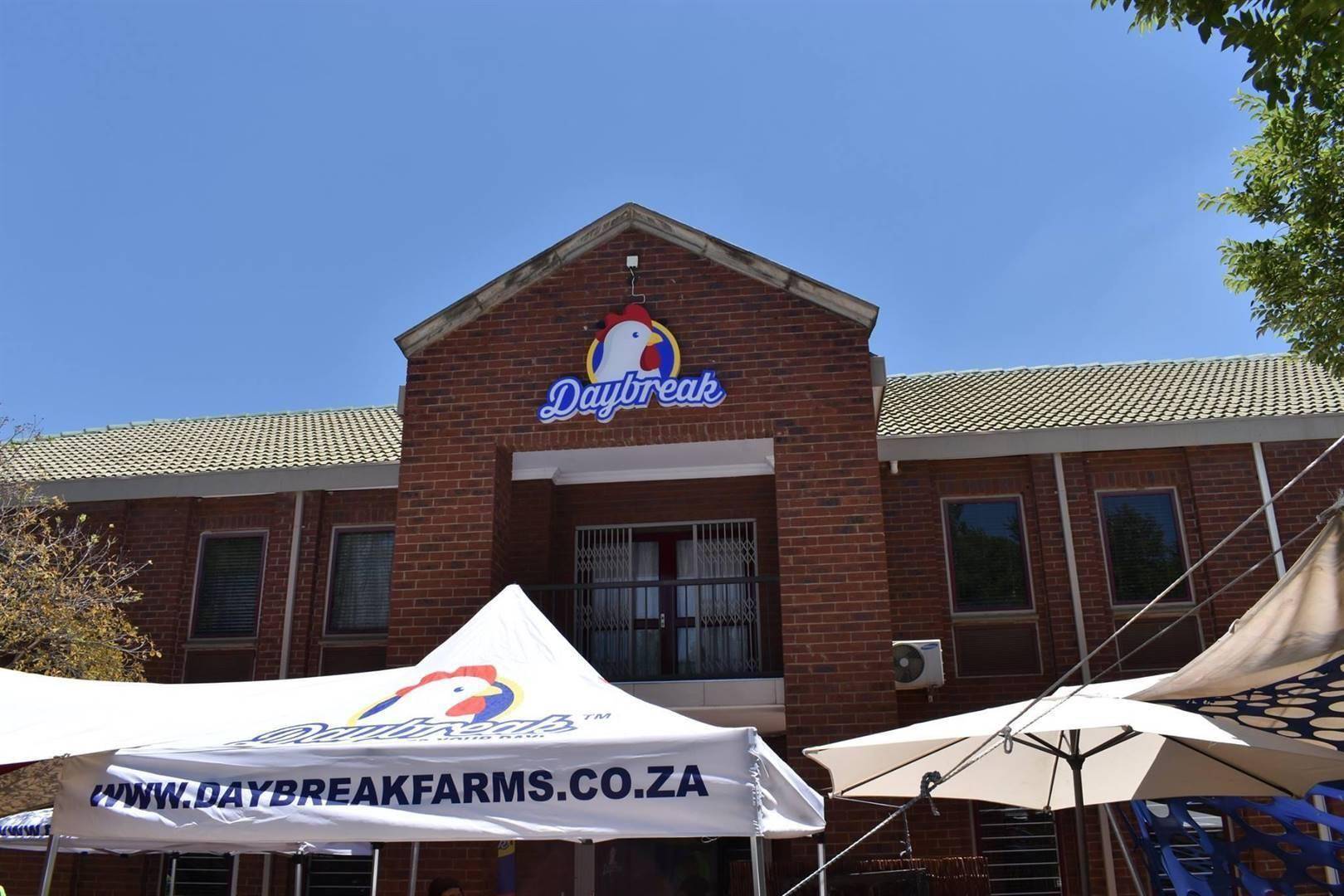
A black empowerment story in peril
Once hailed as a flagship black empowerment success story, Daybreak Foods is now grappling with a harsh reality: the company plans to cut over 2,200 jobs, almost 80% of its workforce, under a business rescue plan aimed at keeping the poultry producer alive.
The plan, spearheaded by business rescue practitioner Tebogo Maoto, seeks to salvage what remains of Daybreak for the Public Investment Corporation (PIC), the state funder that has poured more than R1.44-billion into the company since 2015.
From a fully integrated poultry operation at its peak, Daybreak has been reduced to a lean core, retaining about 500 employees to maintain breeder farms and hatcheries, producing roughly 800,000 chicks a week.
“We have to align the workforce with operational needs. As difficult as this is, the decision is about saving the business and preserving what jobs we can,” Maoto said.
A company eating itself alive
The financial numbers tell the stark story: Daybreak earns roughly R20-million a month, yet its monthly salary bill stands at R33-million. Without immediate restructuring, the business would collapse before the rescue plan could even be voted on.
To bridge the gap, a stipend system was introduced: R1,500 for employees earning less than R15,000 and 10% of salary for higher earners. For many families, this barely covers transport and groceries, leaving staff feeling like they are working for free.
“It feels like we are being forced to work for free. How do you feed a family with R1,500 a month?” said one abattoir worker.
Unions push back
The South African Equity Workers’ Association (Saewa) and other unions are exploring legal challenges. Under the Companies Act, employees or unions must consent to material changes in employment contracts during business rescue, meaning workers can escalate disputes to the CCMA or Labour Court.
Past tensions at the company have already boiled over, with strikes and security incidents reported at hatchery and abattoir sites earlier this year. Maoto insists labour relations have stabilised, though the stipend controversy has reignited mistrust.
“We engaged in consultations and explained the financial and operational positions. Unfortunately, consensus could not be reached,” Maoto wrote to the employees’ committee.
Retrenchments on hold, temporarily
The business rescue plan still requires creditor approval before retrenchment consultations can begin. With the PIC as the largest creditor, few expect the plan to be blocked. Once approved, retrenchments will start, with Delmas and Sundra abattoirs accounting for nearly 1,900 job cuts.
Maoto urged staff to remain calm:
“We remain committed to rescuing the company and ensuring sustainable employment in line with operational needs.”
PIC’s long shadow
The Public Investment Corporation is the linchpin of Daybreak’s survival. Liquidation would likely yield minimal returns, putting public servant pensions and unemployment insurance reserves at risk. The rescue plan hinges on three pillars: asset sales, strategic partnerships, and monetising parts of the value chain such as day-old chicks, feed milling, and cold storage.
A Howick property has already been handed to Park Village Auctions to generate funds, while a request for proposals for a strategic equity partner closes at the end of September.
Analysts say the full company may be too broken to attract buyers, but splitting it into components could appeal to major poultry firms like Astral Foods, Rainbow Chickens, Country Bird Holdings, and Sovereign Foods.
What it means for employees
For Daybreak workers in Mpumalanga towns, the cuts are devastating. While some may be rehired if operations ramp up or a strategic partner comes on board, nothing is guaranteed. Pension arrears will be settled by 5 September 2025, offering a small financial reprieve.
“We hear promises of jobs coming back, but nothing is guaranteed. Once you are retrenched, you are out,” said one hatchery worker.
The planned retrenchments highlight the fragility of state-backed empowerment projects and the real human cost behind financial rescue plans. For thousands of families, the Daybreak saga is a stark reminder that even celebrated success stories can unravel in the harsh realities of business and governance.
{Source: Daily Maverick}
Follow Joburg ETC on Facebook, Twitter , TikTok and Instagram
For more News in Johannesburg, visit joburgetc.com

